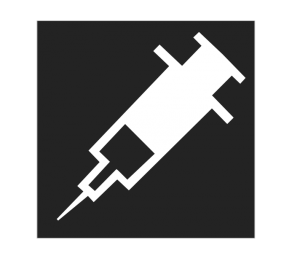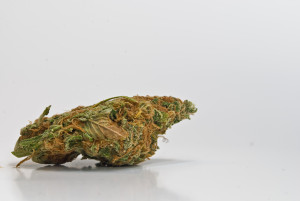 Recently, President Barack Obama pardoned a number of people who had been given mandatory sentences for drug trafficking that many in the legal profession considered to be excessive. More worrisome was the notion that the judge in a court case lost the right of discretion at sentencing because the mandatory sentencing law had already effectively predetermined the outcome of that phase of a criminal trial. The law had the tragic effect of sending people to prison for virtual lifetimes for the possession of a few grams of cocaine, when convicted rapists and murderers were being given much shorter sentences. What became clear was a need for sentencing reform with reference to mandatory penalties. Illinois is considered to be one of the more liberal or progressive on this issue, but there are still contentious points.
Recently, President Barack Obama pardoned a number of people who had been given mandatory sentences for drug trafficking that many in the legal profession considered to be excessive. More worrisome was the notion that the judge in a court case lost the right of discretion at sentencing because the mandatory sentencing law had already effectively predetermined the outcome of that phase of a criminal trial. The law had the tragic effect of sending people to prison for virtual lifetimes for the possession of a few grams of cocaine, when convicted rapists and murderers were being given much shorter sentences. What became clear was a need for sentencing reform with reference to mandatory penalties. Illinois is considered to be one of the more liberal or progressive on this issue, but there are still contentious points.
Status of the Law in Illinois
According to the Controlled Substances Act, it is a criminal offense to manufacture, possess or deliver a controlled or counterfeit substance. The law applies to analogs of controlled substances. In order to deal with the generic drugs that are extracted from an original formula, the act also affects those substances that are intended for human consumption but are listed within Schedule I and II of the said act. The law was designed to have a sliding scale of punishments that was heaviest for those actors that engaged in illicit trafficking as well as those who headed the profit chains for those activities. The rationale was that those who benefitted from the drug trade were somehow insulated from its consequences and the relatively lenient punishments meted out to them emphasized the impression that they were not as culpable as those who actually used or distributed the drugs.
 Chicago Criminal Lawyer Blog
Chicago Criminal Lawyer Blog










